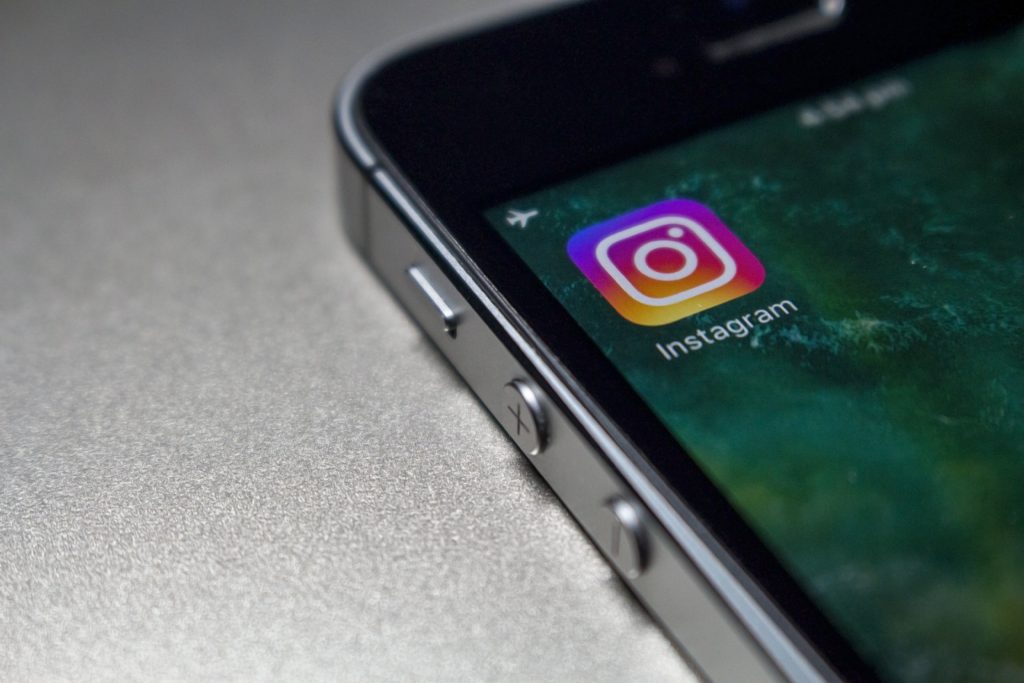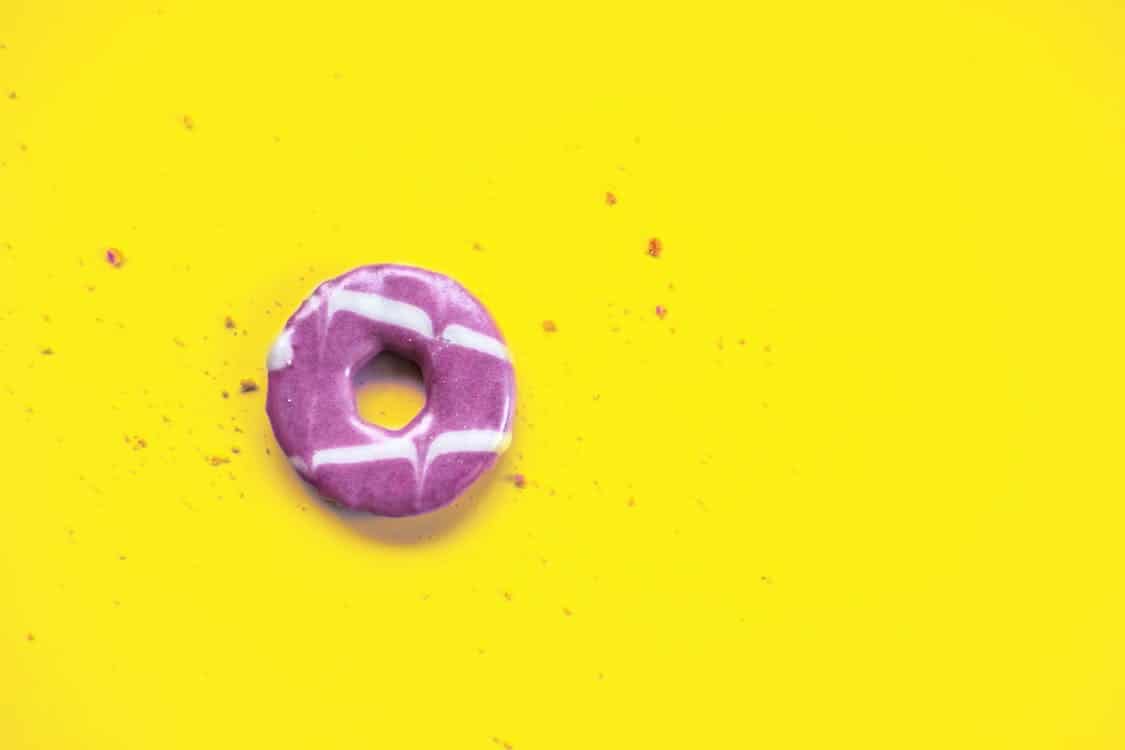In this blog I’m addressing a question I get asked on a semi-regular basis. Mostly in the context of when I take the time to post a snippet of the foods, I eat to my Instagram stories.
And the question is along the lines of whether I think I eat the amount of food I do (the implied being that the amount of food I eat is a lot) due to having had an eating disorder in the past and this having permanently affected my metabolism hence making me now need to eat more food than others.
My Answer

I suppose the real answer is I cannot know.
I cannot truly know if having lived with an eating disorder has permanently affected my metabolism.
I cannot truly know if I eat more than I would have had I not lived with an eating disorder.
I eat what my body asks and wants to eat.
I cannot truly know if this would have been different had I not lived 15 years of my life with anorexia nervosa because unfortunately I did not get to live that life.
The answer I believe is no.
I don’t really believe my metabolism has been affected in some unhealable way.
I don’t really believe the amount of food I eat is so much more than it would have been had I not lived with an eating disorder.
Side Thought

I just realised as I am writing this that there was a time I didn’t believe this!
There was certainly a time where I thought my metabolism was permanently damaged or there was just something wrong with me because it truly did seem I had to put so much more effort into eating enough food to gain and maintain weight than others.
What I know now is a couple of things:
-
It takes time and consistency for your metabolism to heal but it does heal.
Your metabolism will be affected by the eating disorder while you are living with the eating disorder and while you are recovering from the eating disorder.
After full recovery you will heal.
That’s what full recovery means.
I don’t believe anyone is permanently broken.
I now know looking back the dedication it took to being consistent with food.
When I lived with anorexia nervosa, skipping just one snack or meal impacted me monumentally in a way it simply doesn’t today.
-
It felt like I had to devote so much time and effort to food because food was an effort for me.
Food isn’t an effort for me in my life today. Yes, sometimes I am rushed and busy and have to cram in a meal or a snack at a time that doesn’t really suit but the difference between the stress that food and eating used to cause me and the stress it causes me now are completely different. They are incomparable.
When I lived with an eating disorder food meant so many more things than just being food.
It doesn’t now.
It’s just food.
What Could Really be Behind this Question?…

Part of what I see in my daily professional and personal life is the endless promotion of low-calorie foods, dieting (in the form of “lifestyle change” or other less sinister and more fun sounding words. The word diet gets thrown around much less but it is still the same no matter what word we use to describe intentional restriction and food rules) and “hacks” for eating less that I think many, if not most of us and likely all people living with an eating disorder have little clue just how much food it takes to support a healthy, happy and fully functioning adult human body.
A lot of us are confused.
A lot of us have an idea that the less you eat the healthier you are.
A lot of us have the idea that being “healthy” is synonymous with eating less.
It’s not.
A conversation I have regularly with clients is the one around the difference between eating “enough” to survive and eating enough to function at your best and your enjoy life.
They are not the same thing.
When I lived with anorexia nervosa there was certainly the sense that I only needed so much food and anything beyond that was unnecessary.
In many ways I was right food beyond that probably was unnecessary for survival (just barely) but it most certainly wasn’t enough to allow me to be healthy.
It wasn’t enough to allow me to be a fully functioning human being.
It wasn’t enough to allow me to be me.
It was never going to be enough to be present, to feel safe, to be flexible and spontaneous and to have the sense of humour and energy I have today.
Just scraping through is not enough to support you to function at your best.
So when people ask me this question I suspect what they’re really saying is “that’s a lot of food” and what they’re asking is “do I really need to eat that much food?” and what they’re thinking is “surely not”.
The answer is, if you’re analysing how much food you need to eat. If you’re feeling like eating is “unnecessary” you likely do need to eat more food.
Why do I think this?
Well because when you’re doing an eating disorder/disordered eating you think about food a lot. You analyse it and obessess over it (even if you’d never admit that). When you’re not doing an eating disorder/disordered eating you don’t.
If you’re looking to the outside world to tell you what to eat, there’s work to be done.
Instagram Vs Reality

What I should also point out is that even if I post pictures of my meals on Instagram stories sporadically it never captures all I ate that day let alone the context of my entire diet.
I am not posting photos of the things I ate while I made or put out a meal, the things I ate because I felt like more after I’d finished that meal, the peanut butter I ate out of the jar just because I love it and so on.
I’m not posting the less aesthetically pleasing meals of leftovers and things heated up quickly or eaten standing at the fridge because I was short on time.
And I’m certainly not posting the entirety of the meals I eat day in and day out for any judgement to be made over the quality of my diet.
Summary

There are 3 main things I’d love you to takeaway from what I’ve shared here and they are;
If you’re living with an eating disorder or disordered eating, it’s very possible your body and mind need more food than you think you do.
With the plethora of information and messages telling us to eat less it is very easy to think that being healthy includes eating less.
This is simply not true.
If you’ve lived with any kind of eating disorder or disordered eating and are feeling confused over what to eat, telling your body it’s wrong for wanting to eat more than you’re allowing yourself would you consider that maybe your body is right?
There is a monumental difference between eating for survival and eating to function at your best.
One of the best analogies I ever heard in relation to this is that you may not need toilet paper but you’re probably going to use it if the option is there, right?…
It’s not after all “essential” but it sure makes life easier.
There is a difference between necessity and optimal.
When it comes to the incredible people, I work with during their recoveries from eating disorders I am never aiming for their best outcome to be just barely surviving.
- What someone else eats does not affect your body’s needs in any way.
There’s 8 billion of us on this planet (or close to).
Instagram will never capture the magnitude of this.
If you are going to try to eat like others in an attempt to be “normal” well, that’s an exhausting and pointless task.
After all there are lives you will never know.
What you eat or do not eat does not affect them.
What they eat does not affect you.
Variation is the norm.
With my whole heart I hope you found this information useful and inspiring.

Become Great. Live Great.
Bonnie.




2 thoughts on “Do I Think I Have a Higher Metabolism Than Average and Eat More Due to Having Had an Eating Disorder?”
🙏🏼🙏🏼❤
Sending you loads of love beautiful Tab <3